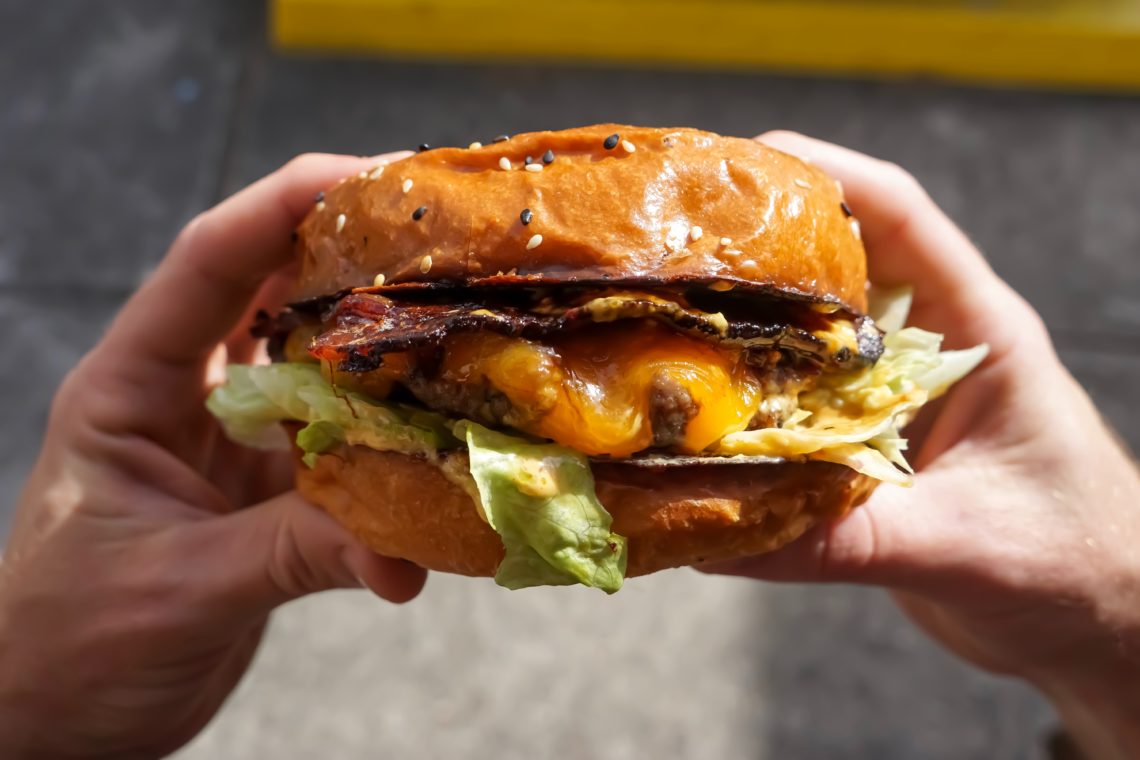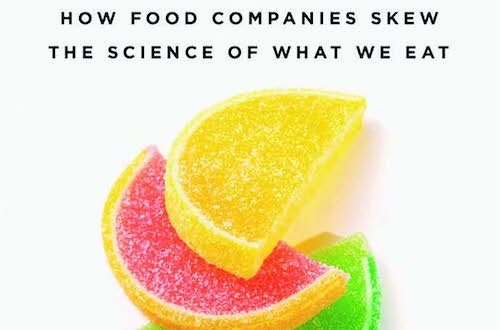In keeping with Green Living Journal’s Spring 2018 theme of “Be the Change”, I refer readers to an interesting series published in the New York Times titled “Planet Fat” which started in September 2017. It’s relevant to the reader who wants to be informed of changes in our world food chain and its impact on us.
 The series starts with an article on “How Big Food Business Got Brazil Hooked on Junk Food”. It chronicles how Celene de Silva, one of thousands of Brazilians who goes door-to-door making deliveries of packaged foods, like puddings and cookies, to a quarter million rural customers. For example, Nestlé, PepsiCo and General Mills have a direct-sales army in Brazil as part of a broader transformation of the food system. They are delivering Western-style processed food and sugary drinks to the most isolated pockets of Latin America, Africa and Asia. As a result, the diet has moved away from local plants and meats, to a diet rich in processed sugars, salts and fats. Many public health experts say this shift is contributing to a new epidemic of diabetes and heart disease, chronic illnesses that are tied to soaring rates of obesity in places that struggled with hunger and malnutrition just a generation ago. Celene is 29, weighs more than 200 pounds, and has high blood pressure. She attributes her condition to fried chicken and Coca-Cola, which she drinks at every meal.
The series starts with an article on “How Big Food Business Got Brazil Hooked on Junk Food”. It chronicles how Celene de Silva, one of thousands of Brazilians who goes door-to-door making deliveries of packaged foods, like puddings and cookies, to a quarter million rural customers. For example, Nestlé, PepsiCo and General Mills have a direct-sales army in Brazil as part of a broader transformation of the food system. They are delivering Western-style processed food and sugary drinks to the most isolated pockets of Latin America, Africa and Asia. As a result, the diet has moved away from local plants and meats, to a diet rich in processed sugars, salts and fats. Many public health experts say this shift is contributing to a new epidemic of diabetes and heart disease, chronic illnesses that are tied to soaring rates of obesity in places that struggled with hunger and malnutrition just a generation ago. Celene is 29, weighs more than 200 pounds, and has high blood pressure. She attributes her condition to fried chicken and Coca-Cola, which she drinks at every meal.
One article features a report from Colombia about the soda industry and  the effort to tax sodas, and other sugary drinks. Led by Dr. Esperanza Cerón, the head of Educar Consumidores, they proposed a 20% tax on sugary drinks. The group raised money, rallied consumers to the cause and produced a television ad that warned consumers that sugar-filled beverages can lead to obesity and diet-related illnesses like diabetes. The backlash was intense. A Colombian government agency, responding to a complaint by the nation’s leading soda company that called the ad misleading, ordered it off the air. Then the agency went further: It prohibited Dr. Cerón and her colleagues from publicly discussing the health risks of sugar, under penalty of a $250,000 fine. “The industry sees sugary-drink taxes as an existential threat,” said Dr. James Krieger, executive director of Healthy Food America, which tracks beverage tax initiatives. In the United States, the industry has spent at least $107 million at the state and local levels since 2009 to beat back soda taxes and beverage warning labels. Compared to the domestic tactics, Dr. Krieger said, overseas, “it’s much dirtier, much more bare-knuckled.”
the effort to tax sodas, and other sugary drinks. Led by Dr. Esperanza Cerón, the head of Educar Consumidores, they proposed a 20% tax on sugary drinks. The group raised money, rallied consumers to the cause and produced a television ad that warned consumers that sugar-filled beverages can lead to obesity and diet-related illnesses like diabetes. The backlash was intense. A Colombian government agency, responding to a complaint by the nation’s leading soda company that called the ad misleading, ordered it off the air. Then the agency went further: It prohibited Dr. Cerón and her colleagues from publicly discussing the health risks of sugar, under penalty of a $250,000 fine. “The industry sees sugary-drink taxes as an existential threat,” said Dr. James Krieger, executive director of Healthy Food America, which tracks beverage tax initiatives. In the United States, the industry has spent at least $107 million at the state and local levels since 2009 to beat back soda taxes and beverage warning labels. Compared to the domestic tactics, Dr. Krieger said, overseas, “it’s much dirtier, much more bare-knuckled.”
Another article moves closer to the US and evaluates one of the impacts of  NAFTA on Mexico. With free trade, came more fast food and more obesity. The story follows the family of William Ruiz Sánchez, who runs a family restaurant. Refrigerators and fire-engine red tables provided by Coca-Cola that feature the company’s logo in exchange for exclusive sale of its drinks. The family’s experience in food service began in the 1960s, when Mr. Ruiz’s grandmother sold tamales and home-cooked food made with produce from a nearby farm. Those same ingredients sustained her boys with vegetable stews, beans, tortillas and eggs. Meat was hard to come by. Their restaurant now serves burgers, fried hot dogs, with pep- peroni and cheese. More often now they grab dinner at Domino’s or McDonald’s. For midday snacks, they buy Doritos or Cheetos at Oxxo, a convenience store chain.
NAFTA on Mexico. With free trade, came more fast food and more obesity. The story follows the family of William Ruiz Sánchez, who runs a family restaurant. Refrigerators and fire-engine red tables provided by Coca-Cola that feature the company’s logo in exchange for exclusive sale of its drinks. The family’s experience in food service began in the 1960s, when Mr. Ruiz’s grandmother sold tamales and home-cooked food made with produce from a nearby farm. Those same ingredients sustained her boys with vegetable stews, beans, tortillas and eggs. Meat was hard to come by. Their restaurant now serves burgers, fried hot dogs, with pep- peroni and cheese. More often now they grab dinner at Domino’s or McDonald’s. For midday snacks, they buy Doritos or Cheetos at Oxxo, a convenience store chain.
No wonder that health-related disease in Mexico is on the rise. In 1980, 7 percent of Mexicans were obese, a figure that tripled to 20.3 percent by 2016, according to the Institute for Health Metrics and Evaluation at the University of Washington. Diabetes is now Mexico’s top killer, claiming 80,000 lives a year, according to the World Health Organization.
Other articles in the series report similar circumstances in India, Australia, and across Asia. Prosperity is leading to more food choices, often as cheap foods filled with salts, sugars and fats. For populations less likely engaged in physical labor, the result is a deterioration of health and increase in food-related diseases. The related research identified a practice that began in the West and has moved, along with rising obesity rates, to developing countries: strong financial partnerships between the world’s largest food companies and nutrition scientists, policymakers and academic societies.
The choice is yours – you can be the change in your food system. Buy local and practice eating healthy!
Ken Condliff was the founder and self-proclaimed CNO (Chief Nutty Officer) of Nut-tritious Foods located in Vancouver, WA http://www.nut-tritiousfoods.com







One Comment
Kansas City SEO Agency
At the end of the day, I’d like to say, people can eat what they want – if they have money. So if you have a lot of money eating proper foods won’t be hard but if not, then I guess we turn to fast foods and cheaper foods to eat which can tend to be unhealthy.